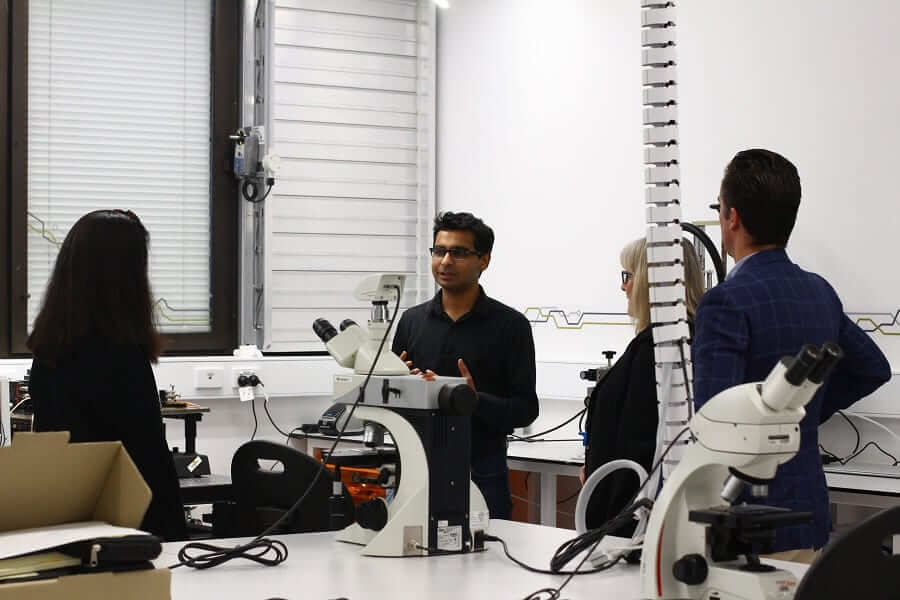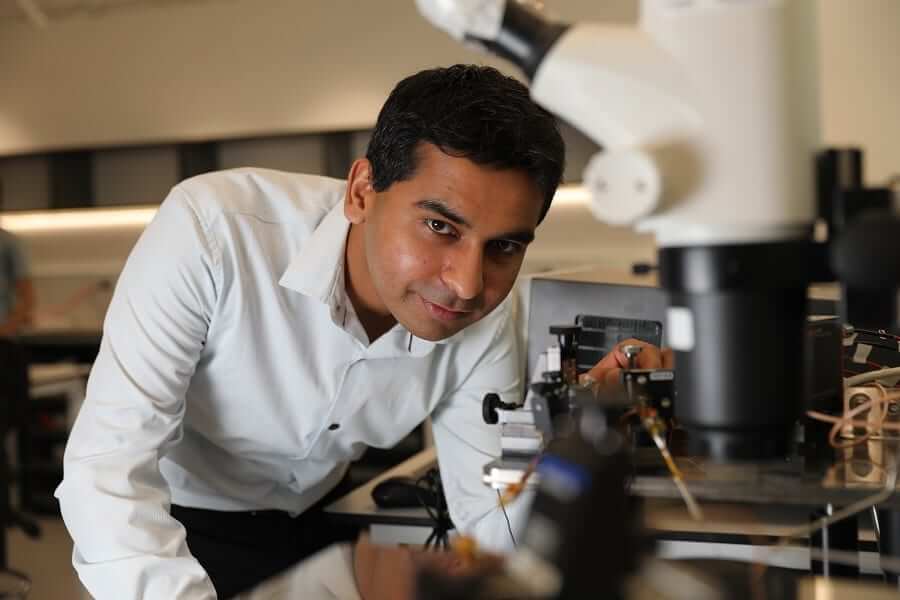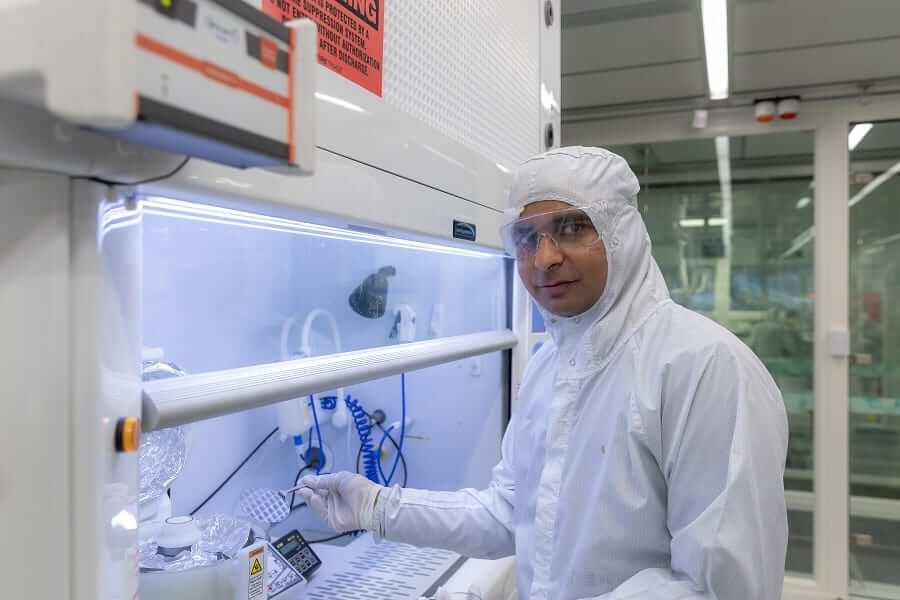
From arriving in Melbourne as an international student at the age of 17 to now being recognised by Australia’s leading science awards, Sumeet Walia has had a whirlwind career in the sciences.
Now, he’s being recognised as an emerging leader in science at the Australian Museum Eureka Prizes 2020.
“Congratulations and well wishes have been pouring in,” he told Indian Link with a smile. “This nomination has been in the works for a couple of years. It’s not just about research, but also the ways we enable other scientists and lead the field forward.”
With the Eureka Prizes considered the ‘Oscars’ of Australian science, it’s no surprise that he’s elated with the news.
Research interests
With a background in electronic engineering and interest in nanomaterials, his research looks at light-matter interaction, materials manipulation, and scalable materials synthesis, among other aspects.
Most recently, Sumeet Walia and his team have developed the world’s first, and thinnest, photodetector that can see the full spectrum of light.
“Photodetectors convert information carried by light into an electrical signal and are found in many technologies today, including medical imaging, motion detectors, and gaming consoles,” he explained. “Electronics have evolved a lot in the last few years. Processors are decreasing in size while increasing in power, but we haven’t seen that evolution in photodetectors… till now.”
READ ALSO: 5-minute home kidney health test wins three uni awards

When listed out, the Dehradun native’s credentials are certainly more than a handful. They include being named one of Australia’s most innovative engineers in 2018 and being listed among Asia’s top 10 innovators under 35 years old in 2017. When the winners are announced on 24 November, he could potentially add a Eureka Prize to the list.
Advocating diversity in STEM
As one of 51 finalists shortlisted across four categories, Sumeet’s being noticed for his impact at a national level, especially as an advocate of diversity and inclusion in STEM.
Bring up the topic of diversity, and you can immediately hear the passion in his voice.
“Lack of diversity is a systemic issue, and it’s not just an issue in Australia or India but in the worldwide STEM community,” Sumeet explained emphatically.
“Often people think of diversity only in terms of gender, but what about researchers who don’t identify with either gender? What about inclusion of the LGBTQ+ community? When we talk about diversity, we should also think along the lines of linguistics and culture.”
READ ALSO: Legally Brown: Championing diversity in the legal world

At a university level, he prides himself on enhancing opportunities for students from diverse backgrounds. In fact, he’s a PhD advisor to numerous women from India pursuing science here in Australia.
“People often believe gender diversity is a problem in India, but in my experience, there are a lot more women in STEM in India than in Australia. Seeing women in a lab here is not as common a sight,” he admitted.
When asked why that’s the case, Sumeet doesn’t skip a beat.
“I think this all boils down to role models. We need to show children that girls can be anything they want to be and remove the image of a man in a lab coat as the only idea of a scientist,” he said. “We need to nurture interests in the sciences from a young age and admittedly, it’s a long-term process. In that aspect, I think Australia can actually learn a thing or two from India!”
The associate professor at RMIT is also on the executive committee member of Science & Technology Australia, an advocacy group which brings scientists, government, and the broader community together.
Hopes for the future
Now more than ever, Sumeet emphasises the importance of investing in science.
“In today’s current scenario, everyone is looking to the sciences for solutions but when it comes to funding, there are ifs and buts. Around the world, we see that money and resource investment in technology has made a difference,” he explained.
“Research shows that $1 investment in innovation translates to $5 in the economy in long-term benefits. It’s not something that can develop overnight, so it’s really no surprise that vaccines are taking time. One-off investments won’t suddenly enhance science. It needs sustained support.”
READ ALSO: Indian-origin researcher wins award for work on batteries



